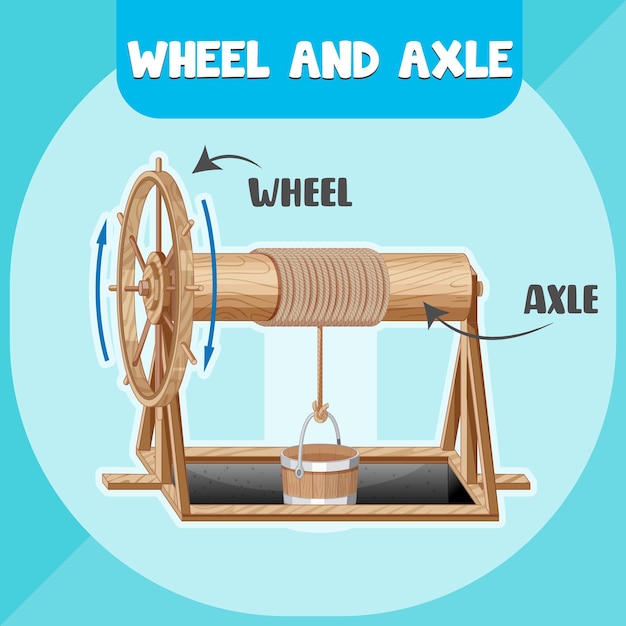Fascinating Facts about the Telegraph

The telegraph revolutionized long-distance communication.
The first successful telegraph system was developed by Samuel Morse in 18
3. Telegraph messages were transmitted through a series of electrical impulses.
The telegraph made it possible to send messages across continents in a matter of hours.
The telegraph played a crucial role in the expansion of empires and the growth of global trade.
Telegraph operators had to be skilled in Morse code, a system of dots and dashes representing letters and numbers.
The telegraph enabled instant communication for the first time in history.
Telegraph wires were often strung across vast distances, connecting remote parts of the world.
The telegraph played a key role in coordinating military operations during wars.
The global telegraph network grew rapidly in the late 19th century.
Telegraph messages could be intercepted, leading to the development of complex coding systems.
The telegraph industry created job opportunities for many people, especially telegraph operators.
The arrival of the telegraph had a profound impact on newspaper reporting, enabling faster dissemination of news.
The telegraph sparked a new era of globalization, connecting people across borders like never before.
Telegraph lines were vulnerable to weather conditions and disruptions caused by natural disasters.
The telegraph was a vital communication tool during times of crisis, such as natural disasters or wars.
Fascinating Facts about the Telegraph part 2
Telegrams were often used for urgent or important messages, as they allowed for quick transmission.
The telegraph was considered a major technological breakthrough of the 19th century.
Telegraph offices were established in various cities and towns, serving as hubs for communication.
The telegraph facilitated the growth of businesses, enabling them to communicate with remote branches or partners.
The telegraph played a significant role in the development of stock markets, allowing for faster trading and communication.
Telegraph lines were sometimes laid underground to protect them from damage.
The telegraph enabled governments to communicate quickly with distant territories and colonies.
The telegraph made long-distance relationships more manageable, as loved ones could stay in touch more frequently.
The popularity of the telegraph led to the creation of signalmen, who would handle the transmission of messages.
The use of the telegraph declined with the advent of newer technologies like the telephone and email.
Telegraph poles were erected to support the overhead wires.
The telegraph helped investigators and law enforcement agencies communicate vital information quickly.
The telegraph allowed for the coordination of transportation systems, such as trains and ships.
The telegraph had a profound impact on diplomacy, as it facilitated faster communication between nations.
Telegraph operators developed a unique code of etiquette and professional practices.
The telegraph made it possible to send messages to remote and isolated areas, connecting people in even the most distant regions.
The telegraph served as the primary means of business communication for several decades.
The use of Morse code as a communication system laid the foundation for future developments in electronic communication.
The telegraph reduced the reliance on written letters for long-distance communication.
The telegraph allowed for the transmission of legal documents and contracts over vast distances.
Telegraph lines were often prone to interference from other electrical sources.
The telegraph played a crucial role in the development of weather forecasting, as weather reports could be transmitted quickly.
The telegraph contributed to the standardization of time zones, as messages needed to be coordinated across different regions.
The telegraph was unreliable during thunderstorms, as lightning could interfere with the transmission of signals.
Telegraph messages had to be concise and clear due to the limitations of the system.
The invention of the telegraph sparked a wave of scientific and technological advancements.
The telegraph enabled the rapid dissemination of scientific discoveries and innovations.
The telegraph allowed for the sharing of cultural and artistic developments across borders.
The telegraph paved the way for future innovations in communication technology, shaping the world we live in today.

